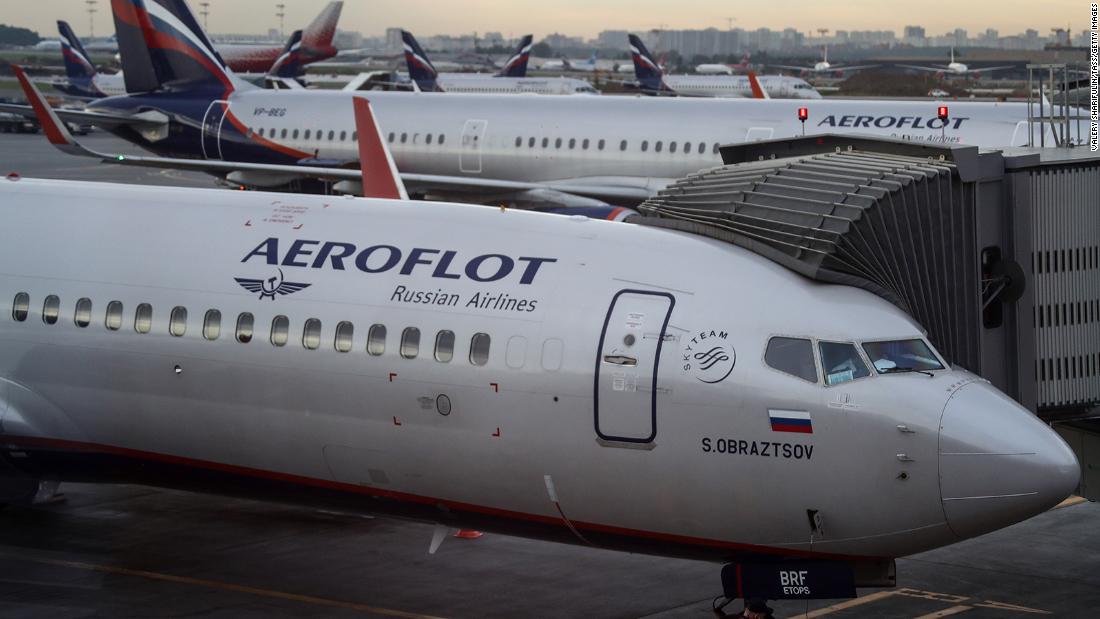MOSCOW, RUSSIA (REUTERS) — Russian airlines have weeks to orchestrate alternative supplies of banned aircraft parts or start grounding jets to avoid safety concerns as Western sanctions following Russia's invasion of Ukraine threaten their post-Soviet revival.
That reverses a two-decades-old agreement allowing leasing companies to keep hundreds of jets registered in Bermuda because of worries over Russia's legal system - a transfer of authority that has long been a source of irritation to Russian officials. Sheltered by those changes, Western analysts say airlines may start stripping some of Russia's 500 foreign-leased jets within weeks or even days for parts while shopping around for genuine, but resold, parts from countries such as China.
The license changes and jet-stripping herald a legal battle with lessors, but Russia's tightly regulated carriers are seen unlikely for now to resort to buying counterfeit parts as Iran was forced to do during decades of U.S. sanctions.
"Russian airport and airline managements are professional, as are the regulators. Everything will in all likelihood be clearly documented if they are allowed to get on with the job,"
said Paul Hayes, director of air safety at Ascend by Cirium.
Flag carrier Aeroflot declined to comment. Russia's transport ministry, aviation regulator, and other airlines contacted by Reuters did not immediately respond to requests for comment. Deputy Prime Minister Yuri Borisov said on Wednesday Russia would accelerate the renewal of its domestic aerospace industry notably by accelerating its MS-21 and SSJ-100 jet projects. The most recent audit from the UN's aviation body in 2015 found Russia was about in line with the world average for airworthiness and well above the average for accident investigations that play a major role in keeping flying safe, according to an official graphic summarising the results. Other categories including licensing displayed gaps.
Among the items most likely to be quickly affected are software updates for flight management systems and changes to terrain databases used to give early warnings of a potential ground collision, frequently renewed to include new obstacles. U.S. supplier Honeywell has already refused to provide Russian carriers with a database upgrade for such systems, a person with knowledge of the discussions said.
U.S. sanctions allow for potential exemptions where safety is involved, following lobbying by the country's aerospace industry. There are no reports yet that contractors have applied for one. European Union rules allow very limited exemptions.

